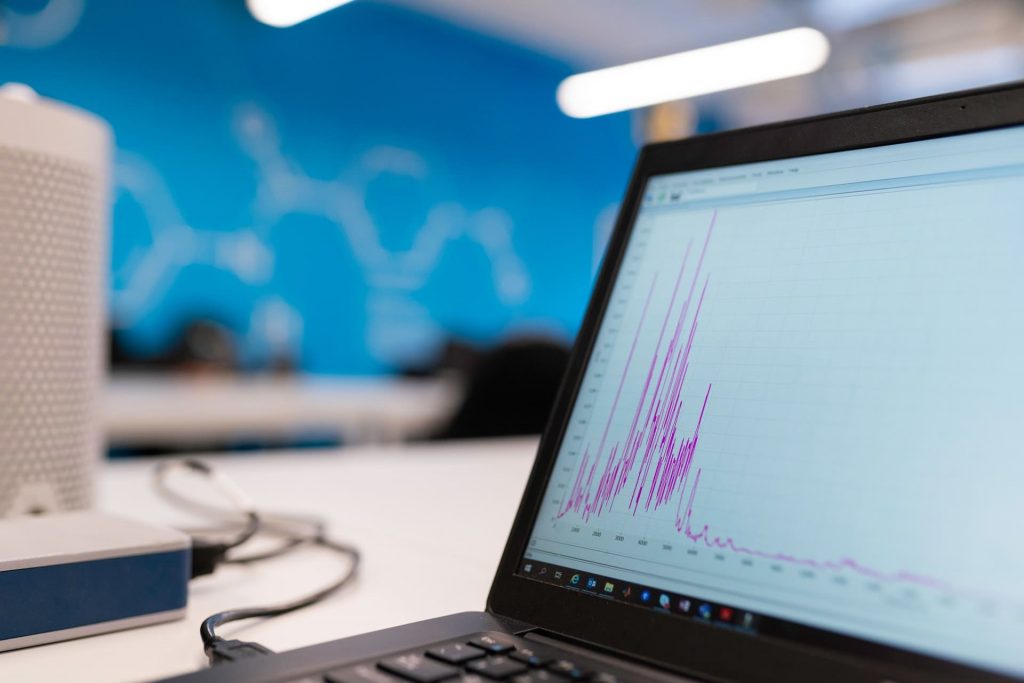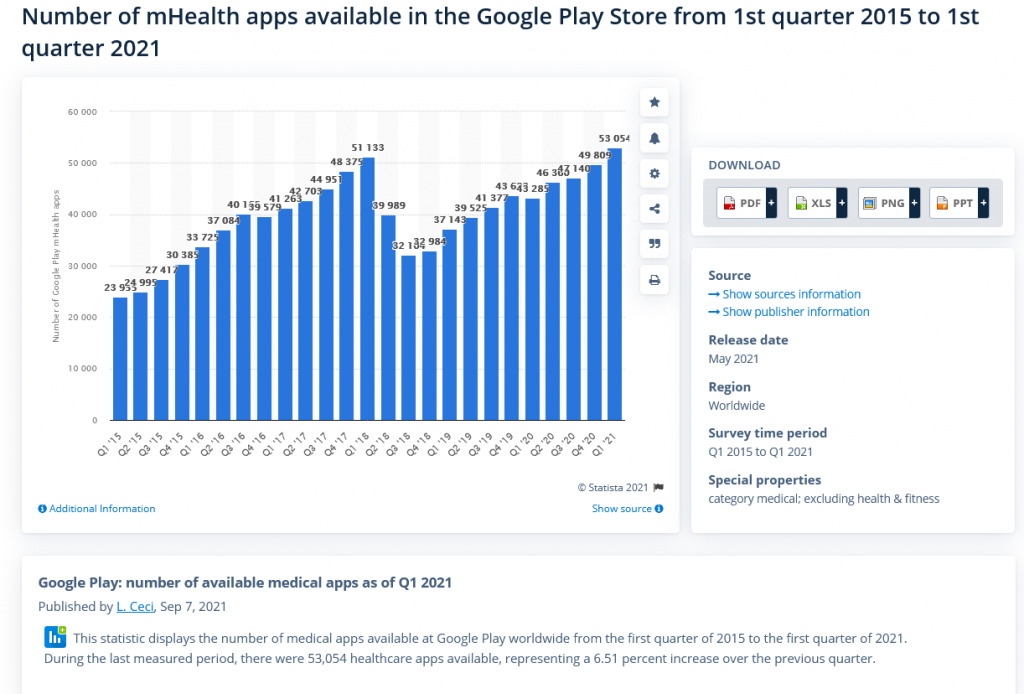Security and informational safety are of the most important business challenges, so being HIPAA, PIPEDA, GDPR, HL7 FHIR, MedMij, DICOM, and PCI-compliant means a lot for software developers at the very start.
Health Insurance Portability and Accountability Act (HIPAA) lays out three rules for protecting patient health information in the United States: privacy, security and breach notification rules. The European Union’s General Data Protection Regulation (GDPR) protects the right to be informed, the right of access, upgrade, to restrict processing, to data portability, to erasure, to object as well as rights concerning mechanized decision making and profiling. Among the guidelines of the Canadian Personal Information Protection and Electronic Documents Act (PIPEDA) are accountability, accuracy, identifying purposes, limiting collection, consent, challenging compliance, being open, and individual access. Payment card industry (PCI) standards combine the agreed security set of rules for credit and debit cards, both online or in person. To be PCI compliant means a decent password and data protection, powerful anti-virus, modern updated software, encryption, document policies, etc.
Find out how we developed a physical therapy telemedicine application, while taking into account HIIPA, GDPR, PIPEDA and PCI regulations, more about this in our client’s case below.
ZenBit team is aware of its great importance as this is the key to customers’ trust and future confidence with their sensitive payment card data. It also defines our clients’ reputation.
Sufficient attention on patients
The top priority of any healthcare platform has to be HELPFUL, so easy practical and responsive UI and UX design is a must-do. Patients are the kind of target audience that probably differs the most, and it is quite a challenge to create a product that is going to be friendly, clear and understandable for all, no matter the age, education, lifestyle, abilities, etc. Interaction is very important here, that is why much focus goes to implementing the right communication tools that the users will like, and feel safer due to quick responses in emergency cases. Voice chats, online appointments, video conferencing are very helpful here.
Private data security
One of the most challenging tasks in medical software development, apparently, is because private data protection must cover all access steps, including the product’s interface design and isolated spaces. Multi-factor authentication and automatic log-offs are great as well as encryption and decryption will add much to data safety. Moreover, the system has to be integrated with RIS, HIS, PACS so that medical data can be easily accessed within the whole healthcare network.
Let’s also admit that not everything is perfect in an Electronic Health Record system. Medical professionals responsible for data recording must have high standards of keeping the information.
Flexible and mobile care
Healthcare apps are supposed to be flexible and easy to access which means being compatible with various mobile devices like smartphones, smartwatches, fitness bracelets, and other gadgets. They also should guarantee multi-platform information sharing. The key to success is creating cross-platform applications and PWAs to make the app’s functionality perfect.
It is worth noting that if we talk about platforms, Apple is number one in the United States controlling half of the market. Yet, the Apple iOS operating system loses its market share because of Google Android which is popular with LG, Samsung, Lenovo, and other famous brands.
Peculiar requirements in customization
It’s great when healthcare applications’ specific needs are possible to customize. It depends on the current aim and demand which are obviously fluent. Features modification is chiefly connected to management and administration tools, as a rule, every provider has its own internal management routine. On this level, our team usually consults someone who is highly competent in business analysis. His experience is crucial in the telemedicine projects’ decision-making and gives much confidence in calculation and general estimation of product’s requirements.
DevOps as a ServiceDevOps on autopilot
CTO as a ServiceStregthen your team
Software testingEnsure software quality
Discovery phasePlan your priduct from a to z
Cloud ServicesGeneral information about healthcare cloud services
Google Cloud ServicesEnsuring confidentiality when working with medical systems
AWS Cloud ServicesServices specially designed for the healthcare industry
Microsoft Cloud ServicesPlatform processing, analyzing and sharing medical data







